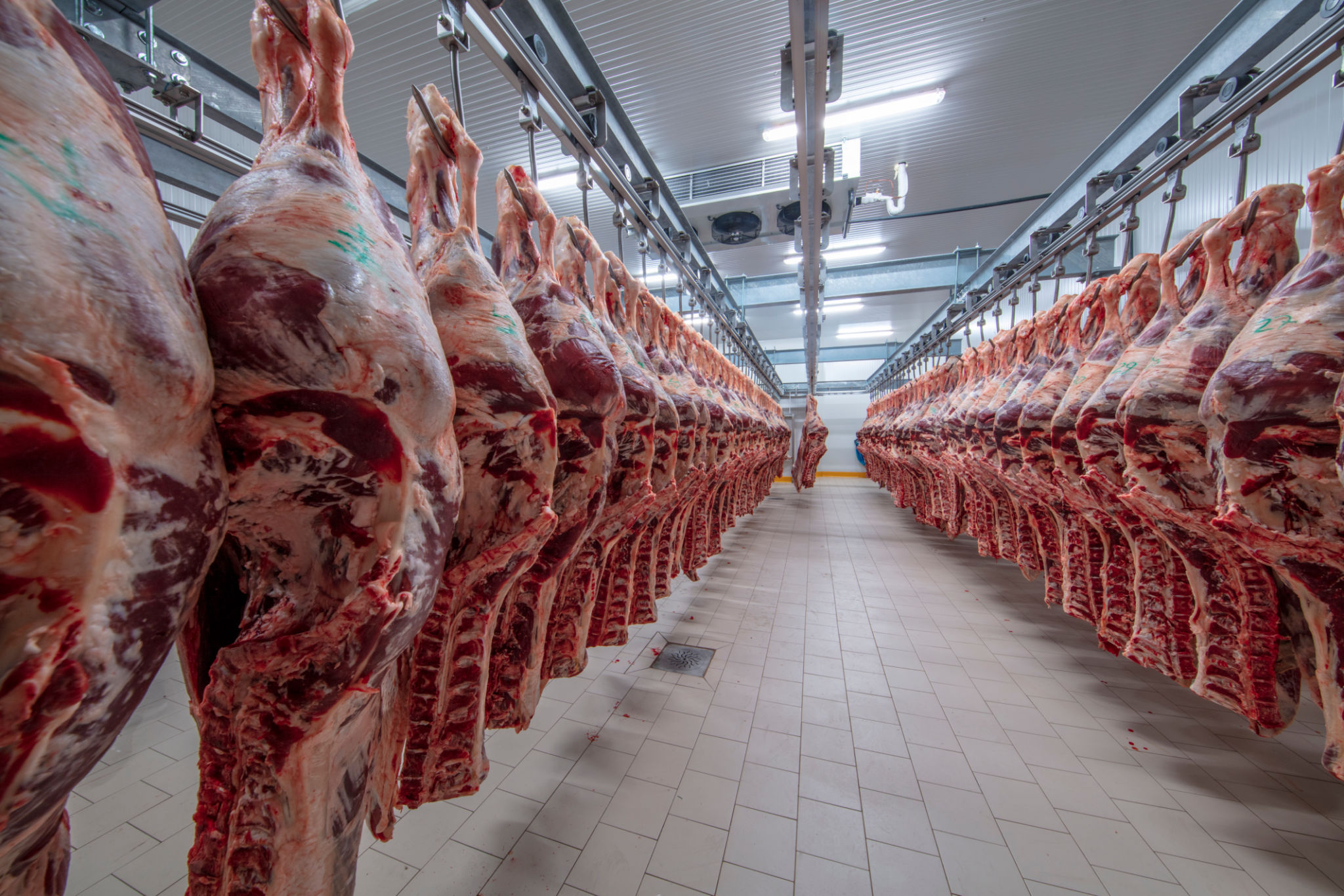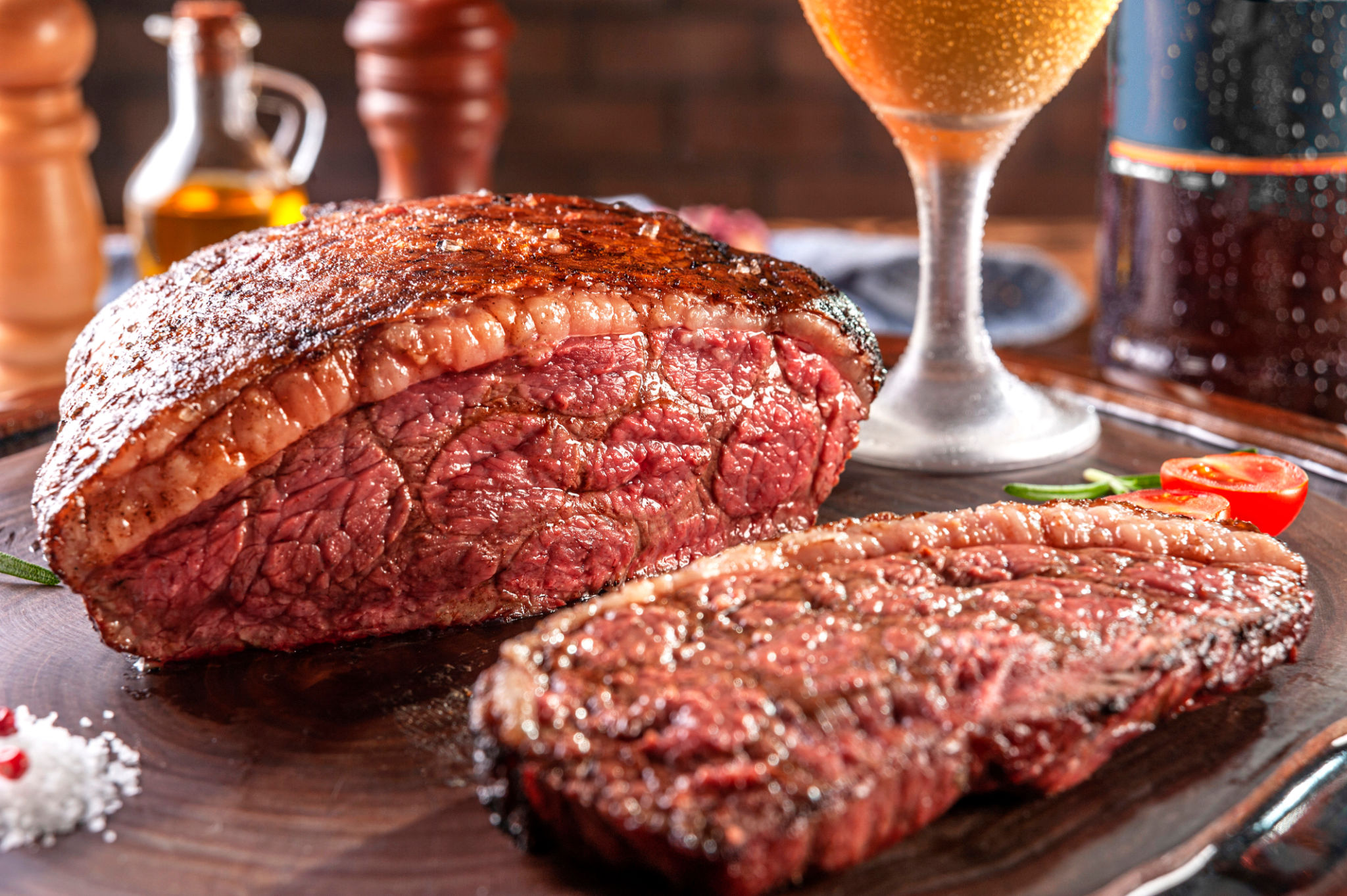Top Myths About Exporting Brazilian Beef Debunked
OP
Brazilian Beef is Inferior in Quality
One of the most common myths about exporting Brazilian beef is that it is of inferior quality compared to beef from other countries. This misconception likely stems from a lack of understanding of the rigorous standards and practices upheld by Brazilian beef producers. In reality, Brazil is one of the largest exporters of beef in the world, and its products are subject to strict quality controls.

The Brazilian government, along with private organizations, ensures that beef production follows stringent safety and quality guidelines. Moreover, Brazilian beef producers invest heavily in technology and sustainable practices to meet international standards, debunking the myth of inferior quality.
Exporting Brazilian Beef Harms the Environment
Another prevalent myth is that exporting Brazilian beef contributes significantly to environmental degradation. While deforestation and environmental issues have been concerns, it's important to note that the Brazilian beef industry has taken steps to address these challenges. Many producers are now adopting sustainable practices that reduce the environmental impact.
For instance, initiatives like integrated livestock-forest systems and compliance with international environmental standards help minimize deforestation and promote sustainable land use. These efforts demonstrate a commitment to environmental stewardship, dispelling myths around environmental harm.

Brazilian Beef is Not Safe to Eat
Concerns about food safety often accompany discussions about Brazilian beef exports. However, this myth does not reflect the reality of Brazil's robust food safety measures. The country adheres to international food safety standards, ensuring that exported beef is safe for consumption.
The Brazilian government implements comprehensive inspection systems and traceability processes to monitor beef production from farm to export. These measures guarantee that only high-quality, safe products reach international markets, providing reassurance to consumers worldwide.
Exporting Brazilian Beef is a Threat to Local Markets
Some believe that exporting Brazilian beef poses a threat to local markets in importing countries. This myth overlooks the complementary role that Brazilian beef can play in meeting global demand. With a growing global population, the demand for beef continues to rise, and Brazil is well-positioned to help meet this demand without displacing local producers.

Additionally, trade agreements and partnerships between Brazil and importing countries often include provisions that support local markets and ensure mutual benefits. These collaborations highlight the potential for positive economic impacts rather than threats.
Only Large Corporations Benefit from Beef Exports
The misconception that only large corporations benefit from exporting Brazilian beef ignores the significant contributions of small and medium-sized producers. These smaller entities play a crucial role in the supply chain and often benefit from export opportunities.
Programs aimed at supporting small and medium-sized producers help them access international markets, ensuring that the benefits of beef exports are distributed across various stakeholders. This holistic approach demonstrates that the export industry supports a diverse range of participants.
Conclusion
The myths surrounding exporting Brazilian beef often stem from misconceptions and outdated information. By understanding the realities of Brazil's beef industry—including its quality standards, environmental practices, safety measures, market impacts, and inclusive benefits—we can appreciate the significant role it plays in the global food supply chain. As awareness grows, these myths are continually debunked, paving the way for informed discussions and sustainable trade practices.

